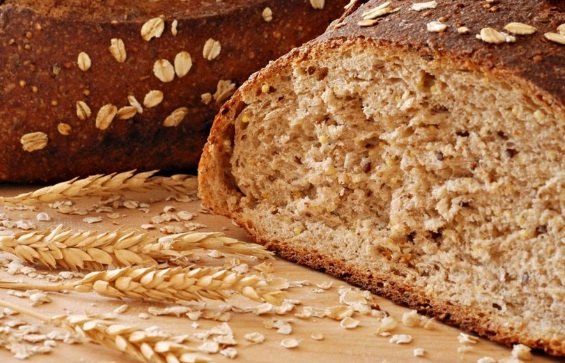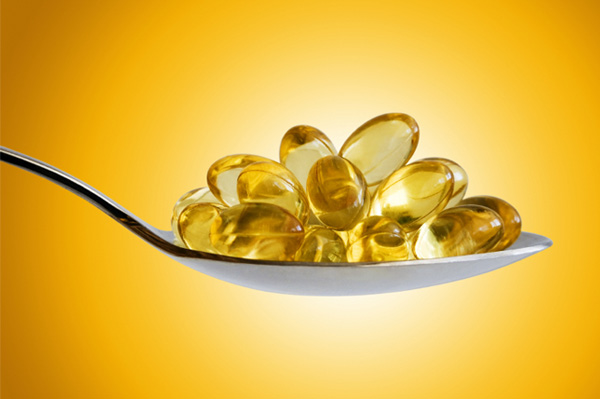(N)shape
New member
Bodybuilders are number crazy. What do you weigh? What’s your bodyfat percentage? How big are your arms? How much do you bench press? How many minutes of cardio do you do? How many days a week do you work out? And on it goes.
Important Numbers
All this obsessing about weights and measurements, although necessary to a degree, can keep you from focusing on the important numbers the ones in your nutrition program. Here, then, are the digits you should zero in on to achieve true bodybuilding success.
#1 | Take in at least one gram (g) of protein per pound of body weight each day.
That’s the magic number for maintaining a positive nitrogen balance, scientific lingo for creating an environment in your body conducive to muscle growth. When dieting, you may need to increase that number. When your carbohydrate intake remains extremely low for more than four consecutive days, you may need 1 1/2 g per pound of bodyweight; if you train twice a day and do cardio on a daily basis to cut up, you’ll definitely need 1 1/2 g.
#2 | Eat at least 2 g of carbs per pound of bodyweight.
Ripping up requires that you slash both calories and carbohydrates, but sticking to such a diet for too long can backfire, slowing your metabolic rate. While you’re on a strict low-carb diet, bump up your carb intake to at least 2 g per pound of bodyweight every four or five days. The increase in carb consumption will energize you and trick your metabolism into believing the carb and calorie deprivation are a mirage.
The result: your metabolism will remain elevated, making fat loss a little easier.

#3 | Take 3 g of arginine 3 or 4 times daily.
The amino acid arginine performs many valuable functions, the most critical for bodybuilders involving growth hormone and nitric oxide (NO). Arginine helps you produce more growth hormone, obviously important for those looking for more mass. In the body, arginine gets converted to NO, enhancing blood flow to working muscles so they can get more nutrients, hormones and oxygen. Take 3 g of arginine in the morning, before and after workouts, and before going to bed.
#4 | Consume a minimum of four cups of vegetables per day.
Four is the minimum daily servings of veggies dieters require for appetite control. Eating low-calorie higher-fiber vegetables, such as broccoli, cauliflower, green beans, asparagus and spinach, wards off feelings of hunger by taking up room in the stomach and signaling brain chemicals that shut down appetite.
#5 | Supplement with 3-5 g of creatine before and after workouts.

It’s fine to load creatine, taking up to 5 g four times a day for the first week you’re on it, but after that, all you need is 3-5 g before and after training, and just 5 g total on nontraining days.
#6 | Consume 6 meals daily.
This is the minimum number of meals the body needs to sustain an elevated metabolic rate. Every time you eat, your metabolic rate rises slightly eating every three hours, or six times a day, helps you take full advantage of this phenomenon.
When you cut calories and carbs on a fat-shedding diet yet adhere to the six-meals-a-day rule you’re less likely to unwittingly cause a metabolic slowdown.
#7 | Give your diet 14 days before making radical changes out of frustration.
During the first 14 days of a diet plan, expect to look worse rather than better. At the start of a diet, the body loses muscle-glycogen reserves, which leaves muscles looking flat. Roughly at the 14th day, the body seems to make a big and important adjustment it starts to exert a maximum anticatabolic effect, conserving its muscle mass, while fully adjusting to the diet phase by ratcheting up fat burning.
#8 | Take 7 g of supplemental omega-3 fatty acids daily to support fat loss.
These unique fats coax fat loss; however, you have to be eating fewer calories than you need and control insulin (the fat-storing hormone) by avoiding large portions of carbohydrates. Omega-3s spare muscles from being broken down for fuel, which helps maintain an active metabolic rate. They also support the immune system, which is stressed during stringent dieting.
Take 6-7 g divided into two doses the first at your first meal of the day and the second at dinner.

#9 | The ideal duration for a diet is 16 weeks if maximum definition is your goal.
Getting cut while maintaining muscle mass is never an easy task. Taking your time, rather than trying to achieve a cut physique within a month or two, allows you to drop bodyfat slowly (and gives you some leeway if you screw up). When you lose fat at a slower deliberate pace, you can maintain more muscle tissue regardless of the particular dietary approach you choose.
#10 | Take 20 g of glutamine (split into four doses) per day.
Glutamine is the amino acid that supports the immune system, prevents the burning of branched-chain amino acids and helps encourage the storage of carbohydrates as muscle glycogen rather than as bodyfat. Many hardcore dieters won’t see real results with just 5 g of glutamine a day. Four doses of 5 g each will help to ensure that you have a steady supply so that it can do its job. Take it in the morning, before and after workouts and before bedtime on an empty stomach.
#11 | A dose of 200 milligrams (mg) of caffeine is an inexpensive and very effective fat burner.
The catch is how and when you take it. Coffee contains chemicals that over time can interfere with the caffeine kick. That is, when you drink a 20-ounce coffee, your body does not absorb the total amount of caffeine therein. With a caffeine pill, you receive the full strength of the 200 mg (a typical dosage); in addition, the form in which it is delivered anhydrous is superior to coffee in reaching the bloodstream.
Take a caffeine pill with water and no carbs 20-60 minutes before cardio to maximize the fat-burning hormonal flux prompted by aerobic activity.

#12 | Your weapon against metabolic and mental meltdown is 1,000 mg of tyrosine.
Tyrosine is an amino acid that can help you feel more alert (it does so by changing your brain chemistry). Dieting and performing a lot of cardio can deplete your body’s supply of norepinephrine a chemical that makes you feel strong, alert and energetic, and also enhances fat metabolism. Taking 1,000 mg of tyrosine upon waking can offset the depletion and loss of this neurotransmitter, helping you power through hard workouts and cardio sessions. Tyrosine also helps the body convert its own thyroid hormones-[T.sub.4] thyroid to a type called [T.sub.3], which helps burn more calories.
Diets tend to lead to a downgrade in the conversion of [T.sub.4] to [T.sub.3], so it appears that supplemental tyrosine would be valuable for all dieters, including bodybuilders in precontest mode.
Author: Chris Aceto
Websites: Procardnutrition.com & Flexonline.com
COPYRIGHT 2010 Weider Publications
COPYRIGHT 2010 Gale, Cengage Learning
Author: Chris Aceto
Websites: Procardnutrition.com & Flexonline.com
COPYRIGHT 2010 Weider Publications
COPYRIGHT 2010 Gale, Cengage Learning

